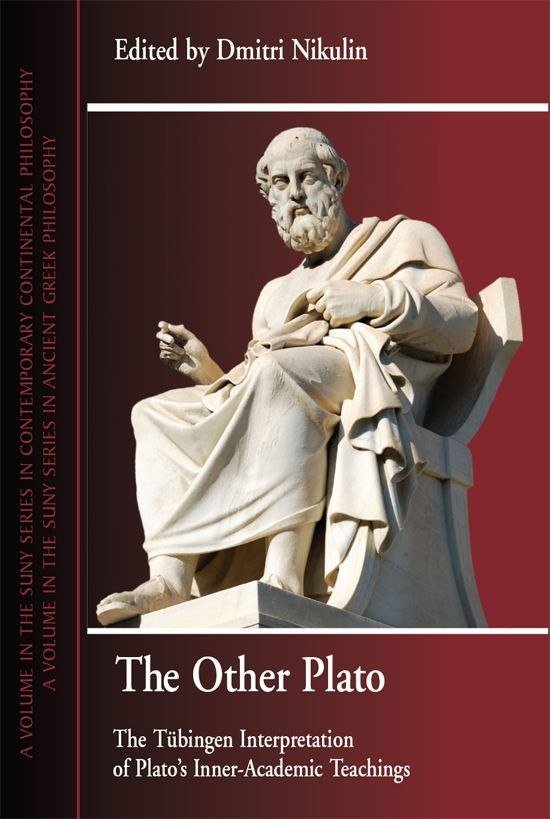

Stephen E. Flowers’ The Occult in National Socialism
Private Book Reader
Access your private PDF books securely. Upload and enjoy reading your personal collection anytime.
Read Your Private BookShort Audio Book Summary
Stephen E. Flowers’ The Occult in National Socialism Summary
0:00 / 0:00Reviews
No review yet. Be the first to review this book!
Description
Stephen E. Flowers’ The Occult in National Socialism: The Symbolic, Scientific, and Magical Influences on the Third Reich presents a deeply researched and thought-provoking examination of the esoteric, mystical, and pseudo-scientific influences that helped shape Nazi ideology. Unlike many sensationalized accounts of Nazi occultism, Flowers takes a scholarly and historical approach, carefully tracing the roots of National Socialism in the mystical and occult traditions of 19th and early 20th century Europe. He explores how movements such as Ariosophy, Theosophy, and Germanic mysticism contributed to the development of Nazi thought, particularly through figures like Guido von List and Jörg Lanz von Liebenfels, whose racial and spiritual doctrines laid the foundation for the Nazi worldview. The book delves into the symbolic significance of runes, the swastika, and other mystical elements incorporated into Nazi propaganda, revealing their origins in Norse and Germanic mythological traditions. Flowers also examines the role of secret societies like the Thule Society, which played a crucial role in the early years of the Nazi movement, influencing key figures such as Heinrich Himmler and Rudolf Hess. However, the book also challenges many of the myths surrounding Nazi occultism, arguing that while certain high-ranking officials, including Himmler, were deeply fascinated by esoteric ideas, Adolf Hitler himself remained largely skeptical of overt mystical practices and preferred a more pragmatic approach to power. The text also investigates the way in which Nazi ideology incorporated pseudo-scientific racial theories and eugenics, merging occult notions of Aryan supremacy with distorted interpretations of evolutionary science to justify the regime’s genocidal policies. Flowers further explores the post-war influence of Nazi occultism, highlighting how certain esoteric and far-right groups have sought to revive or reinterpret elements of National Socialist mystical ideology. By grounding his analysis in historical sources and academic rigor, Flowers offers a nuanced and insightful account that moves beyond conspiracy theories to present a factual and critical examination of how occult and mystical traditions helped shape one of history’s most infamous political movements. This book is essential reading for those interested in the intersections of politics, mysticism, and ideology, as well as for anyone seeking to understand the deeper, often overlooked, intellectual currents that contributed to the rise of National Socialism.

























.jpeg)


.jpg)








.jpeg)

.jpg)



.jpg)





.jpg)






.jpeg)
.png)




.jpeg)

.jpeg)


.jpg)










.jpg)
.jpg)





.jpg)












































